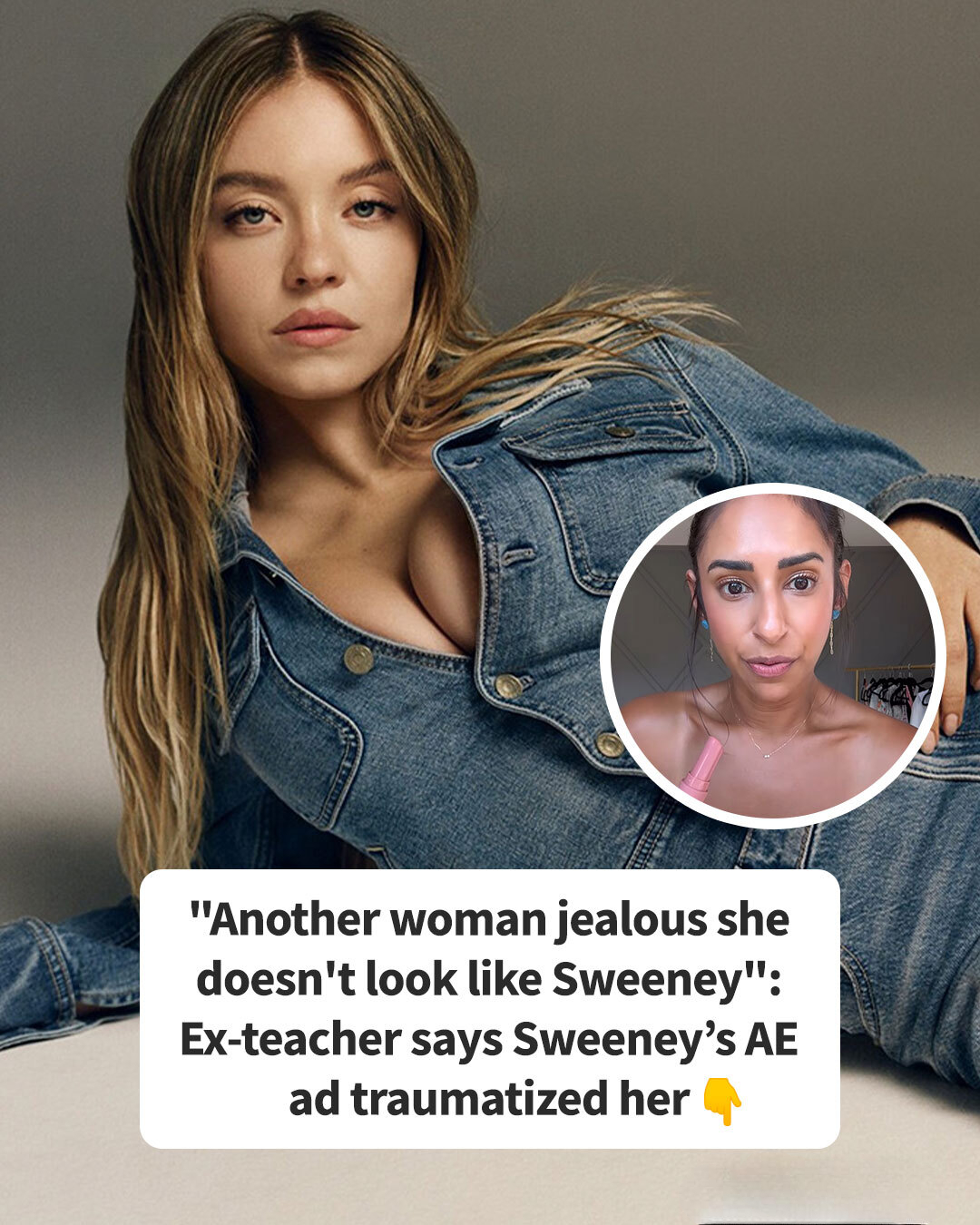A former teacher turned influencer has gone viral after claiming that Sydney Sweeney’s American Eagle advertisement triggered emotional trauma rooted in societal beauty standards. Payal Desai, the woman behind the viral video, expressed how seeing Sweeney in the ad reignited painful memories from her youth, particularly as a brown girl who once wished she had blonde hair and blue eyes.

Desai’s emotional monologue touched on how, at the age of 13, she would have given up her own name just to possess those traits that mainstream media often glorifies. She lamented the lack of progress in how society still upholds white beauty standards, despite the years that have passed. Her video quickly caught the attention of right-wing commentator Colin Rugg, who reposted it to X, formerly Twitter, and labeled Desai a “professional victim,” sparking a flood of backlash from his followers. Critics accused Desai of being jealous and overly sensitive, with many mocking her emotional reaction to a denim ad. One user wrote, “If your self-worth crumbles at the sight of Sydney Sweeney in jeans, I’ve got news for you: the problem isn’t whiteness.
It’s you.” Others echoed the sentiment, claiming that individuals like Desai often embrace victimhood as a core part of their identity. Comedian Bill Maher also weighed in on the controversy during a segment on his HBO show Real Time, using his signature sarcasm to call out what he saw as the absurdity of the backlash. He joked that the internet had declared Sweeney a Nazi for wearing denim, before criticizing the hypocrisy of those who reject the notion of good genes but still swipe left on dating apps based on appearance. Maher quipped, “Right, and then you go on Tinder and swipe left on every bald guy,” drawing laughter from his audience.
Celebrities Doja Cat and Lizzo also entered the conversation. Doja Cat emerged from a self-imposed social media break to parody Sweeney’s ad monologue on TikTok, much to the surprise of her fans. Meanwhile, Lizzo mimicked Sweeney’s pose from the ad and added a political caption, though her post received more criticism than support, with one user sarcastically reminding her she had more pressing legal issues to address.
Throughout the growing debate, American Eagle has stood by its campaign. The brand posted a message on August 1 stating, “Sydney Sweeney Has Great Jeans is and always was about the jeans,” reiterating their intent to celebrate how people wear their denim with confidence and individuality. Their stance seems to be paying off—American Eagle’s stock saw an 8 percent boost after the campaign’s launch. Sydney Sweeney herself has remained quiet on the matter, posting only a photo of a bouquet of flowers with a heart emoji. Nevertheless, media outlets are trying to connect her subtle post to the swirling controversy.
While many online users are slamming Desai’s emotional reaction as performative or envious, others have taken a more critical stance toward the ad itself, calling it “tone deaf” and questioning the messaging behind referencing “good genes” in a commercial setting. Screenshots of tweets continue to circulate, with users debating whether the public outcry is overblown or reflective of deeper issues in how media portrays beauty. As Desai faces a tidal wave of criticism, supporters argue that her experience is valid and sheds light on the emotional impact representation—or lack thereof—can have on young girls of color.
Meanwhile, those in opposition argue that outrage over an ad featuring a traditionally attractive white woman is misplaced. Whether viewed as a genuine cry for inclusivity or a case of overreaction, the controversy surrounding the campaign has undeniably thrust both Desai and American Eagle into the spotlight, highlighting the growing cultural divide over beauty, representation, and the boundaries of social commentary in marketing.





